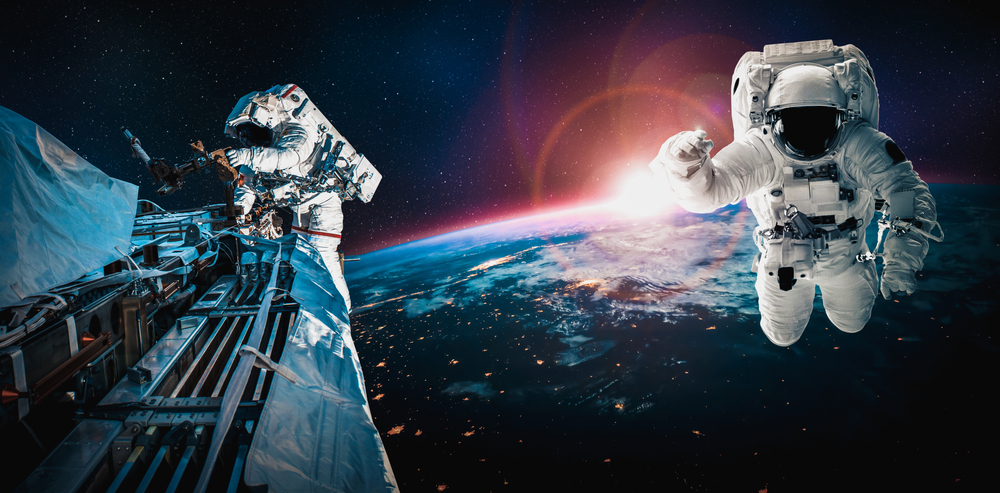
There are a lot of songs about the Moon. Also, there are a lot of beliefs when it comes to Space. I remember that when I was little, I wished that one day, when I will be a grown-up, I will walk on the Moon and see if it’s actually made out of cheese.
There are several rumors which are saying that scientists are planning on inventing an elevator for traveling to the Moon, but Space continues to be one of the big mysteries which belong to the humanity.
Even though we succeeded in sending a man to the Moon, we still have a lot to discover about the Universe. Today I want to talk about the challenges that scientists have to face in order to explore the great beyond.
One thing is sure though: people will always want to find out more.
1. Gravity won’t let you take off from Earth
Taking off from Earth can be seen just like the way you want to move out from your parents’ house: quick and easy. But powerful and bigger forces than you are willing to make your decision harder – Gravity. If you want to “open up your wings and fly”, Gravity is going to make sure she has stopped you.
In order for an object to succeed in leaving the Earth behind, it needs to be shot up and out at a speed outrunning 25,000 mph. Oh, boy, that’s a fast vehicle.
2. Our ships are extremely slow
The larger and object’s mass is, the more force it need to be moved. And rockets are gigantic and really bulky. For just an initial push into the wild of Space, chemical propellants are a good option, but kerosene will burn up pretty quickly, just in a couple of minutes. This will make arriving at the destination – let’s say the moons of Jupiter – take a few years. That’s not enough time, we don’t live in the movies, unfortunately.
3. The Space isn’t a clear space
You succeeded in sending someone or a rocket into Space, said bye-bye to Gravity and now your ship is free of the Earth, until being hit by a satellite. Oh, boy, problems at the horizon!
According to the US Space Surveillance Network, there are 17,000 objects that are just floating around the Earth at a speed of more than 17,500 mph. Adding pieces that are under 10 centimeters, the number goes up to 500,000 objects.
The materials that the rockets are made of can protect them from small objects, but not from big things, like asteroids or even satellites. Also, pulling the satellites out of their orbits would be really difficult. It could even take a whole mission to capture just one of them. All satellites will have to fall out of their orbit without any help and for that, they will need extra fuel.
4. Mental and physical health
When we are talking about shipping astronauts to Mars, there are several challenges that can come to the scientist’s minds. For example, the journey to Mars could take up about five or ten months, due to the fact that mission to this planet can only happen every two years, when Earth and Mars are at the closest in their orbits to each other.
This can affect the mental, but also the physical health of the astronauts, because they can develop anxiety, insomnia, depression and lose bone and muscle density.
5. Radiation
I left the best for the grand finale, because the most powerful challenge is actually radiation, both solar and cosmic, that the astronauts will be exposed during a mission.
If we keep talking about Mars, the astronauts can experience radiation during Mars transit, which is interplanetary radiation and also surface radiation, during extended surface stays.
Radiation can further cause malfunction brain coordination function, cancer and Alzheimer.
I think we can all agree to the fact that scientists are really willing to make sacrifices in order to discover some amazing things, especially astronauts. Even though there are a lot of challenges that need to be faced, I am sure that they will find a way to make it work.
Just like John Glenn used to say, ”I suppose the one quality in an astronaut more powerful than any other is curiosity. They have to get some place nobody’s ever been”.












































